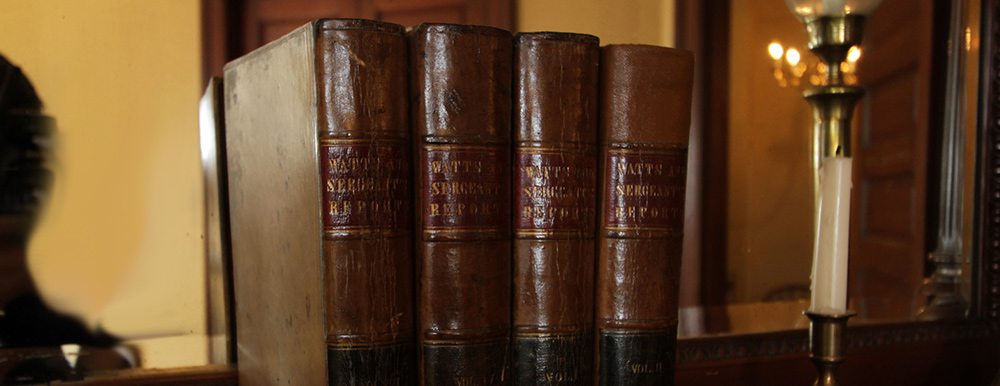Federal Tax Lawyer
It is important to consider the tax consequences of life’s decisions. Every choice we make has the power to greatly affect our tax liability. At Trinity Law, we help individuals and businesses make smart decisions that reduce their tax liabilities and set them on the path to future growth and success. Our attorneys provide tax advice to individual and business clients in the following areas:
- Offer in Compromise (OIC)
- Installment Agreement
- Innocent Spouse Relief
- Business Formation
- Buying and Selling Businesses
- Pension Planning
- Retirement Planning
- Divorce and Business Valuation
- Estate Planning
- Preparation of Estate Tax Returns
At Trinity Law, we have the legal knowledge and experience necessary to represent our clients throughout the entire evolution of their federal tax issue. Attorney Patrick Schaeffer is admitted to practice before the U.S. Tax Court. We have a vast network of business and financial consultants, including certified public accountants, forensic accountants and business valuation experts we work with to provide comprehensive counsel and advice to our clients.
We represent clients involved in collection disputes with the Internal Revenue Service. A taxpayer can potentially file an Offer in Compromise (OIC) or request an Installment Agreement in order to resolve IRS collection issues. There are three types of Offers in Compromise, though a doubt as to liability offer and a doubt as to collectability offer are the two types most frequently filed. A doubt as to liability offer raises a legitimate doubt as to whether the tax liability was correctly assessed. On the other hand, a doubt as to collectability offer is appropriate if the taxpayer does not have sufficient assets and income to pay off the tax debt in full. Even if an offer in compromise is not accepted, an installment agreement can be set up with the IRS to pay off the tax debt over a period of time.
Additionally, there are many tax implications associated with divorce. If one spouse has incurred joint tax liability without the knowledge of the other spouse, the other spouse may want to file for Innocent Spouse Relief. Furthermore, mortgage foreclosures and short sales often occur when spouses divorce and can result in taxable cancellation of debt income.
Our firm also advises business clients during the commission of day-to-day business activities to ensure that today’s decisions not only save tax dollars, but also lay the foundation for future growth and success.
In addition to federal tax law, Trinity Law also represents clients in Pennsylvania state tax matters as well. Trinity Law handles state tax matters such as setting up agreements to pay off past due Pennsylvania state taxes and also represents individuals involved in Pennsylvania state tax audits.
Trinity Law: Your Tax Law Firm for Life
Life does not operate in a vacuum. Decisions made in one area of an individual’s life invariably affect other areas as well.
Every day, the decisions individuals and businesses make directly affect their tax liability. Decisions made during the divorce process regarding child custody and support, alimony and property division will have major impacts on each spouse’s tax liability. In addition, the manner in which a business is formed, how it is operated and the daily decisions it makes will impact the amount and manner in which it is taxed.
At Trinity Law, we take a holistic approach to law. Our attorneys evaluate the short- and long-term tax consequences of the day-to-day decisions our clients make and help them make smart decisions that reduce their tax liabilities and set them on the path to future growth and success.
Because we understand both the short- and long-term implications of a particular legal issue, we develop comprehensive legal solutions that solve current problems, avoid future pitfalls and lay the groundwork for a better and brighter future.
Contact Us
For experienced tax advice and counsel, contact our tax law attorneys in York at 717-843-8046, our Lancaster office at 717-560-5068.

